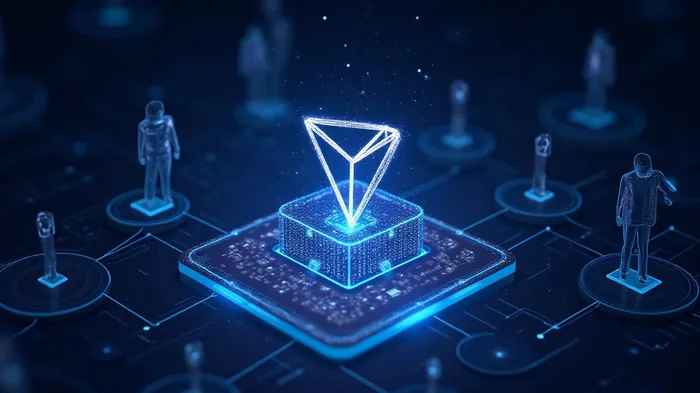TRON Achieves 99.7% Block Production Efficiency, 68% of Super Representatives Replaced Since 2020
TRON, a prominent blockchain network, has achieved a significant milestone by reaching 99.7% blockXYZ-- production efficiency. This remarkable efficiency underscores the network's commitment to operational excellence and reliability. The data also reveals that since 2020, 68% of TRONTRON-- Super Representatives have been replaced, indicating a dynamic and evolving governance structure. These changes are pivotal in enhancing decentralization, stability, and system responsiveness within the TRON ecosystem.
TRON's Super Representatives, also known as validators, are elected through a Delegated Proof-of-Stake voting system. Any Tron account holder can apply by depositing 9,999 TRX, and the top twenty-seven accounts with the most votes are elected. These representatives are responsible for running validator software, processing network transactions, and participating in governance decisions. This system ensures broader community involvement and upholds transparency and accountability within the network, thereby strengthening security and trust.
Beyond the main twenty-seven Super Representatives, the TRON Network includes SRSR-- partners ranked from twenty-eighth to one hundred twenty-seventh. These partners do not produce blocks but share in voting rewards, promoting wider network inclusivity. Users and organizations can support these partners through votes, and SR partners earn incentives based on their vote share. This tiered model allows for both technical and passive participation, fostering economic benefits without requiring full node operation. Voters receive proportional rewards after commissions are deducted, encouraging active participation over passive holding.
Voting in the TRON blockchain requires staking TRX tokens, with each staked TRX yielding one TRON Power point. Votes refresh every six hours, and only the latest count per account matters. Unstaking TRX removes TRON Power and cancels active votes, ensuring that TRON Super Representatives elections reflect current community views. Reward calculations adjust with each six-hour cycle, discouraging stagnant control by a few holders and keeping governance responsive and meaningful.
Tron block production and voting bring two types of rewards. When an SR produces a block, it earns sixteen TRX. An additional one hundred sixty TRX is reserved for voting rewards each cycle, split among all SRs and SR partners proportional to their vote share. After SR commissions, voters receive their share. This structure motivates validators and community contributors alike, strengthening network security and participation. Consistent incentives drive long-term engagement in the TRON ecosystem.
A brokerage ratio adds another governance layer to the TRON blockchain. SRs and SR partners charge a commission on rewards before sharing, with the default brokerage rate standing at twenty percent. Voters can view and modify this rate via specific interfaces, allowing them to choose representatives based on performance and commission levels. This flexibility fosters healthy competition and transparency, making the network more appealing to both technical contributors and everyday stakeholders. It ensures fair reward sharing across the community.
Recently, P2P.org became one of the TRON Super Representatives. P2P.org operates validation infrastructure across more than forty blockchains, and its election signals deeper institutional involvement in Tron block production. As an SR, it helps govern network security and process transactions, potentially simplifying institutional access to Tron staking solutions. P2P.org’s expertise could boost network reliability and performance, demonstrating Tron’s steady evolution amid fierce competition. Such developments help maintain user trust and network resilience.

Quickly understand the history and background of various well-known coins
Latest Articles
Stay ahead of the market.
Get curated U.S. market news, insights and key dates delivered to your inbox.



Comments
No comments yet